Navigating the Challenges of Talent Development Through Coaching and Training
In today's fast-paced corporate landscape, one of the greatest challenges faced by organizations is the development of talent. With constantly evolving technologies, market dynamics, and customer preferences, the need for skilled and adaptable employees has never been more critical. However, achieving this goal comes with its own set of hurdles.
Identifying Talent Gaps
The first challenge lies in identifying talent gaps within the organization. Sometimes, these gaps aren't immediately apparent, leading to inefficiencies and missed opportunities. With employees often wearing multiple hats, it can be challenging for managers to pinpoint areas where additional training or coaching is needed.
Retaining Talent
Once talent gaps are identified, the next hurdle is retaining skilled employees. In today's competitive job market, employees are constantly seeking opportunities for growth and advancement. If they feel stagnant or undervalued, they may seek greener pastures elsewhere. This turnover not only results in the loss of valuable talent but also incurs significant costs associated with recruitment and onboarding.
Adapting to Change
Another challenge in talent development is staying ahead of the curve in a rapidly changing environment. Technologies evolve, industries shift, and consumer preferences change. To remain competitive, organizations must ensure their employees are equipped with the latest skills and knowledge – and that they have the confidence and motivation to adapt. Keeping up with these changes can feel overwhelming, especially for businesses operating in dynamic sectors but without support your talent will lose their relevance.
Bridging the Skills Gap
In many industries, there exists a significant gap between the skills employers need and those possessed by job seekers. This disparity can hinder productivity and innovation, ultimately impacting your company’s bottom line. Bridging this gap requires a concerted effort to provide employees with the training and support they need to succeed in their roles.
How Coaching and Training Can Help
While these challenges may feel like a mountain that has to be climbed, they also present opportunities for growth and improvement. This is where transformational coaching and training come into play. By investing in the development of your employees, organizations can address these challenges head-on and drive better team performance.
1. Personalized Development Plans: Coaching allows for personalized development plans tailored to each individual's strengths, weaknesses, and career aspirations. This targeted approach ensures that employees receive the support and guidance they need to thrive.
2. Continuous Learning: Training programs provide employees with the opportunity to acquire new skills and stay abreast of industry trends. Whether it's through workshops, seminars, or online courses, continuous learning fosters a culture of innovation and adaptability within the organization.
3. Leadership Development: Coaching is invaluable for developing leadership talent. By investing in the growth and development of future leaders, businesses can ensure a smooth transition of leadership and maintain continuity during periods of change.
4. Talent Retention: Providing employees with opportunities for growth and advancement not only enhances their job satisfaction but also increases loyalty and retention. By investing in their employees' development, companies can reduce turnover and retain their top talent.
5. Adaptability: Coaching and training empower employees to adapt to change and navigate uncertainty with confidence. By equipping them with the skills and knowledge they need to succeed in a dynamic environment, businesses can stay ahead of the curve and drive innovation.
While the challenges of talent development may seem daunting, they also present opportunities for organizations to differentiate themselves and drive sustainable growth. By investing in coaching and training, businesses can unlock the full potential of their employees and ensure long-term success in an ever-changing world.
